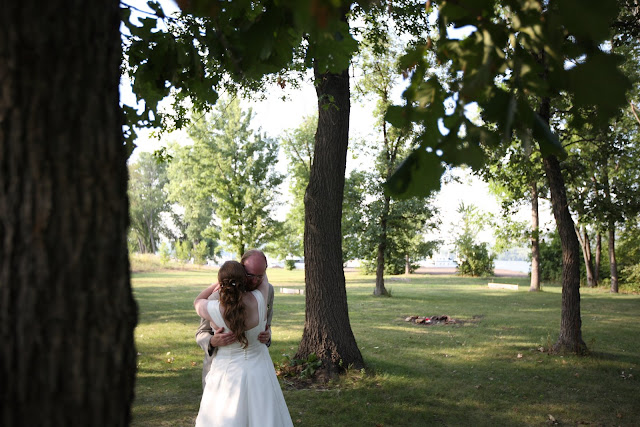prairie island wacipi
As always, training is moving at its breakneck speed (and I can see it, in my mind's eye, the snap of the neck as we whip forward), but I've made two exceptions for myself in order to keep that head-above-water (please forgive my mixed metaphors; I am exhausted).
One, I am clearly too wiped clean and useless by the time I arrive home, so weekdays are mostly out for further work. I might print things--our album submissions each week are often well over a hundred typed and hand illustrated pages--but I wind up wailing and wilting if there is any kind of threat that my pencil will hit that paper. Nope, nope, nope.
The other is that I need just one day--not even a full one--that belongs to me. Generally, this means time with my family, which firmly grounds me in the failing sanity I flounder in during the week. This past Saturday, I hosted my press's reading at the Anderson Center's Summer Festival of the Arts, which is always an immense honor, given how much I admire the writers who have come, and the way I am filled with gratitude that the Anderson Center exists at all, let alone is a part of my community.
I also attended my second wacipi.
In Dakota, wacipi (wah-chee-pee) means "they dance." Wacipi: pow wow.
The first one I went to was with Maya when she was very small. I was probably fat with Finn, or he was just sprouted, and we went to know more. We went because I took a number of classes as an undergraduate, though so much existed in the books I read, the films we watched as a class--I wanted to be witness, to make it real. I hadn't gone from my own environment and into another; I had merely made friends, talked to professors, and understood it in the abstract, as too much happens in a university. We are meant to go out on our own.
And so I did.
When I did, it was with a deeper understanding of the community. I have been sporadically taking Dakota language lessons, a task I have set aside during training and as the school year petered out and things like IEP meetings took precedence.
Most importantly, approximately half of my students are members of this Dakota tribe. Not university coursework, or the quashed myth of our own native blood, but my own group of students, of which half are members of this community, has sent me, again and again, to this place to try to find a deeper understanding of a culture that is not my own, but needs better representation in my classroom. I have begun to seek things like artwork and literature that can populate my shelves, have painted my charts with figures in them in different ways. I want my kids to look around the room and feel represented. I am well aware of the over-representation of white bodies in media, in lessons, and on. (I'm reading this article right now--it's good.)
One of my students, after I'd gone to a smaller event at the elders center, asked if he could bring his drums in to school. Yes, yes, yes! I'm hoping I can encourage him again this year. The year before, two of the youngest kids asked if they could have a small pow wow; I said I'd ask, and I did, but not enough. I need to ask again. What would that look like? How can we do this while making it as respectful as possible?
It's unsurprising that I became bleary-eyed as the veterans entered the arena, followed closely by the people of Prairie Island, here faces I recognized. My heart swelled listening to the drums, the singing, and being lucky enough to witness this, my children wiggling on the wooden stands beside me, sucking down colorful chipped ice. It was a hot, fairly cloudless day. I sweated as men with big voices sang out into the air, women's dresses sending jingles to join them, men with toddlers danced, the toddlers letting hands go and dancing too.
Seeing my students has given me the small burst of energy I've needed to keep moving forward. Training is hard. These days are long. Quick embraces from the people I truly care deeply about remind me of why I keep showing up: these kids, these people.
Thank you: pidmayaye.




Comments
Post a Comment